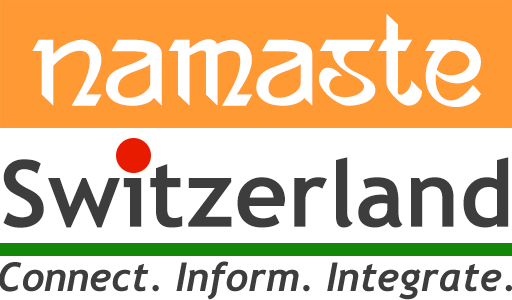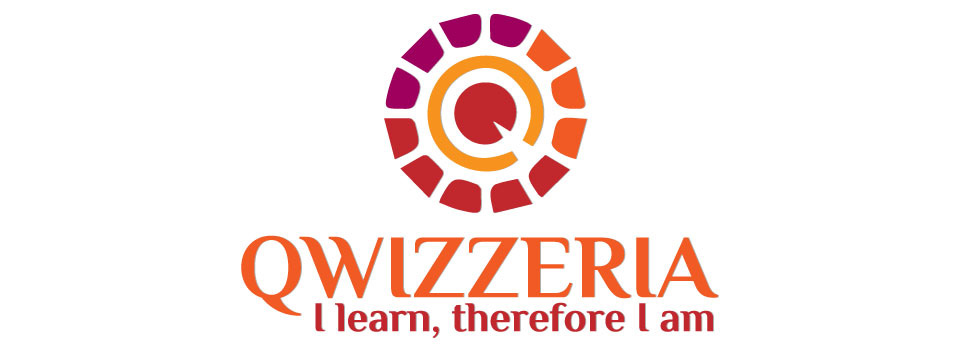Q: Tell us about yourself?
I was born in Chennai – a place well known in the Indian media for strikes related to Jallikattu and the political phenomena called “Amma effect”, and many other interesting things. I have lived in 8 countries in 4 continents (Asia, Europe, North and South Americas) as part of my studies and work engagements. Until 2011, I have been in the energy and infrastructure industry in senior management roles leading business operations. Between 2011 and 2014, I was the Head of the Business Sector at the World Economic Forum, Geneva. I was advising governments and businesses on energy and infrastructure projects. This includes helping Indian government on several occasions related to rural and urban development projects. I was selected as the Global Leadership Fellow at the Forum during that time. Currently, I have taken over as the Executive Director of a newly founded European Energy Research Institute in Finland. In addition to this, I also hold visiting professorships in ETH Zurich, Switzerland and Indian Institute of Technology – IIT Bombay, India.
Q: Do you like it here, what do you love and what would you change?
Zurich is what I call “home.” Like in every home, we like a lot of things, but of course, there are things which we do not like. I complain sometimes about how things can be better here. For example, why should I pay for Billag when I have owned neither a television nor a radio during my entire time in Europe. I never understood the logic of forcing one to pay for some service that one never asked for. There are only a few examples I can tell about what I would like to change here. However, there is an endless list of things I can tell about what I love about this country and its people.
Can you imagine missing your bag in one of the Metro trains in Chennai or Mumbai and calling the lost-and-found office of that Metro station? People would make fun of you in India, let alone they believe you if you tell them there is actually a lost-and-found office in most cities in Switzerland where you can end of getting back your stuff. I lost my bag once in tram 10 in Zurich at around 2300 hours. Before I realised that I was missing one of my bags (as I was carrying 4), the tram actually left my sight. I tried calling the lost and found office but they were closed – of course, it was 2300 hours! I took the next tram and “confessed” the driver my situation. Hearing all my rambling in German, he replied slowly while he was still busy driving that he can make an announcement about my situation on all the trams in Zurich that are currently running. If they manage to find any stuff in any of the trams and if I can identify myself and the things in the bag they will get it back to me by a special car. This, he said worryingly, might cost me CHF 50. Wow…to hell with CHF 50, especially when you know the bag has your Macbook, house keys and above all the holy “Niederlassungsbewilligung.” The Indian in me thought of actually bargaining with the man who brought my bag about the 50 CHF deal. But knowing the service they have provided in the middle of the night, I was very happy to even give them double that amount.
Q: How do you cope with Swiss life?
Life flows, for the most part, freely here in Switzerland. I have a lovely group of friends – both Indians and Europeans – who make my life interesting here. My wife and I are enjoying the precious time as parents with our little Mira-cle! We do regular parties and practice amateur drama-dance group. I live my fantasy by scripting plays and short skits. For those who love cricket, we have an active and vibrant cricket group here. Actually, we even managed to win a Pakistani team in the last year tournament and won the final trophy. One the professional side, I love what I do and I even managed to find someone who can pay me for doing what I like to do! Also, I started a research venture focused on energy harvesting and storage – both the need for the future. So far things are going well. Hoping to build it further.
Q: Do you have any words of wisdom to help fellow expats integrate?
Integration, I strongly believe, goes both ways. Luckily for us the Swiss society gives a lot of opportunities to integrate and participate. Unfortunately, not many of us take such opportunities to learn the language, which is an important part of the integration. We normally learn language by paying some schools for getting a paper that says you are A2 or B1 level. To me, this is a wrong mindset. To speak the language of a place you live in means more than just getting a piece of paper. It gives you the power to speak your opinion clearly and confidently. As an immigrant, we have to be confident in our day-to-day life. Be it going to the Gemeindezentrum or dealing with the tax office, or complaining at customer service, to name a few instances.
German is a language that has a lot of connections to Sanskrit. How many of us really know this fact. German, unlike French or any Latin language, has a direct connection to Sanskrit. So for most Hindi and Marathi native speakers learning the German language and pronouncing the words properly should be much easier than for Tamil or Telugu native speakers. Also learning German is fundamental for those of you who have their kids in local Swiss-German schools. Kids learn faster than grown-ups. So better start learning German earlier than your kids. This will at least help you better pretend in front of your kids and their friends that you understand their jokes and get what they are saying when they say something in Schweizerdeutsch! I bet, this will save you big time!
Q: How has it been learning the German language?
The best way to learn a language is to immerse yourself fully 100% into it. There is no better teacher than your personal experience. And you have the best opportunity to get that experience being in a German-speaking country. The good thing is that they will listen to you. Perhaps, they will switch to English. Don’t panic, go back to German! I did that once in Germany. I spoke nearly for 30 minutes to a lady in Lidl. I was trying to explain to her that I wanted goat cheese with Fenugreek seeds in it. She showed me all kind of cheese. It was fun. After all the drama, finally, she said I can get that exact cheese I was looking for in the shop next to the train station. Can you imagine how I could have explained her Fenugreek in German when I didn’t even know the name in English? I only knew its name in Tamil. You need to ponder and be creative.
Q: What is your take as a parent about schooling in Switzerland?
I would strongly suggest sending your kid(s) to local Swiss schools. Not only does it make proper economic sense, but it is also a way to integrate and build a strong local community feeling. To be honest, I feel the Swiss local schools are much better in small towns or villages than in big cities like Zurich. If you have an option to choose a local school, check for the ones which have better student-to-teacher ratio. Ask the schools if you can take a “Schnuppertag” – trial day in German – so that as parents you can get a feel of the environment your children will be having if you decide to put them there. Also, you can speak to the teachers and ask if they have experience with immigrant kids and what are the initial problems one can face and how you can prepare for those. Actually, this is something I would recommend even for those who are going to be future parents.
Q: Anything else that you would like to add?
Well, I have said enough, I guess. For my fellow Indians who live, study and work here, I wish you all good luck in Switzerland. I would like to thank Namaste Switzerland for giving me this opportunity to share my voice and experience living in Switzerland. Jai Hind.
Krish can be contacted at krish@sankaran.org and you can connect with him at Linked-in.
Disclaimer: Opinions expressed belong solely to the content provider. Namaste Switzerland does not undertake any financial/reputational/legal/misrepresentational impact or other obligations/ liabilities that may arise from the content.












